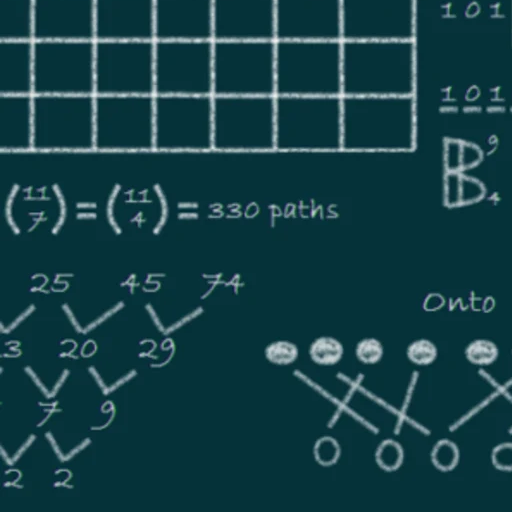
Data Structures And Algorithms
The computer science concept we all love to hate. However, it is vital to master them to pass tech interviews, especially those at Big Tech.
Explore Jobs By LevelEntry-Level Software Engineer JobsMid-Level Software Engineer JobsSenior Software Engineer JobsStaff Software Engineer Jobs
Explore TrendingLayoffsPerformance Improvement PlanSystem DesignInterpersonal CommunicationTech Lead